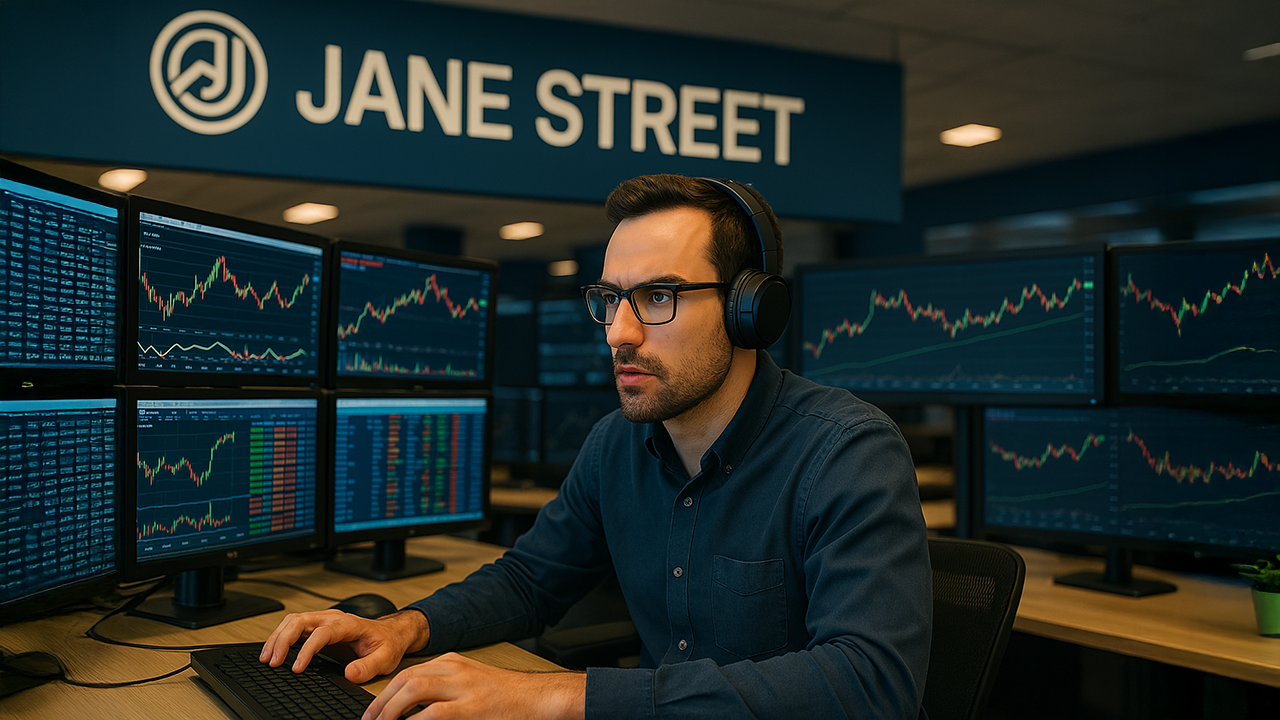Jane Street ban: US trading firm deposits Rs 4,843 crore in escrow account; requests SEBI to lift trading restrictions

Markets react to mixed signals as Stoke Therapeutics gains on positive data, Bitcoin surges past $120K, and stocks dip on tariff concerns amid political scrutiny.

All major sources, one page
Feel the mood behind headlines
Know what’s trending, globally
Get summaries. Save time
7,751
116
204
40 minutes ago
Stay sharp in 60 seconds. Get concise summaries of today’s biggest stories — markets, tech, sports, and more
All major sources, one page
Feel the mood behind headlines
Know what’s trending, globally
Get summaries. Save time
7,751
116
204
40 minutes ago
Stay sharp in 60 seconds. Get concise summaries of today’s biggest stories — markets, tech, sports, and more